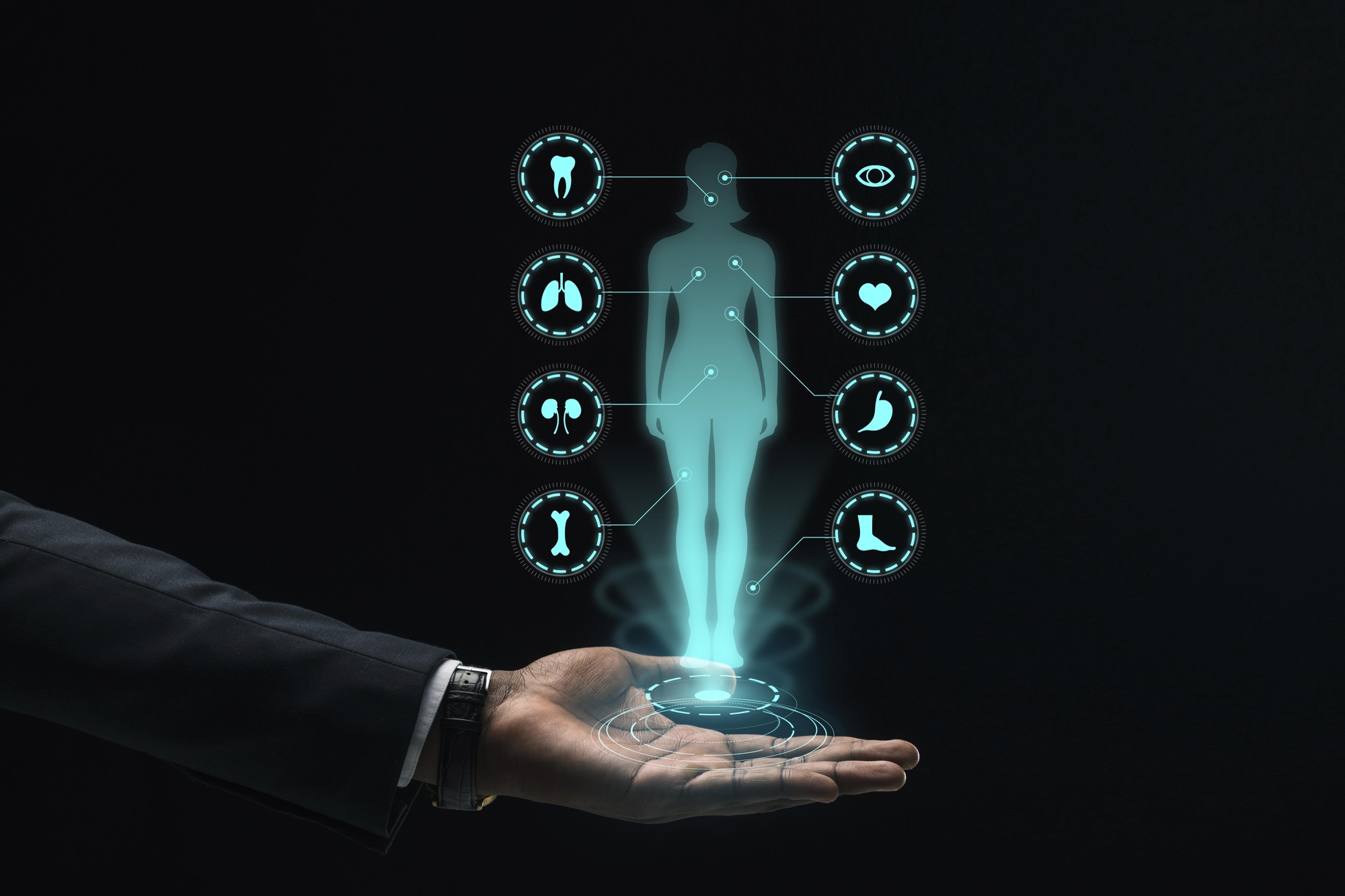
The emergence of Delphi-2M, a generative artificial intelligence model engineered by the European Molecular Biology Laboratory and the German Cancer Research Center, represents a seminal advancement in AI-driven healthcare. This system enables longitudinal forecasting of over 1,000 pathologies up to two decades in advance by integrating comprehensive electronic health records (EHRs) with behavioral and lifestyle variables. Published in Nature, the model exemplifies the transformative potential of predictive medicine and the operationalization of personalized health interventions.
Methodological Architecture and Capabilities
Delphi-2M differentiates itself through its capacity for multi-disease risk modeling, surpassing conventional single-disease predictive frameworks. The model was trained on a cohort of 400,000 UK Biobank participants and subsequently validated against 1.9 million longitudinal records from the Danish National Patient Registry, encompassing over five decades of clinical data. By incorporating demographic parameters, BMI, tobacco and alcohol consumption, and other behavioral indicators, Delphi-2M generates integrated risk profiles that exemplify advanced AI health analytics and epidemiological forecasting.
Analytical Outcomes and Model Performance
The model exhibits robust predictive validity for pathologies characterized by well-defined progression trajectories, notably oncological and cardiovascular conditions, while demonstrating reduced predictive fidelity for psychiatric disorders and rare pathologies with complex or heterogeneous courses. Delphi-2M achieves an average AUC of 0.76, indicating strong predictive capacity, though with acknowledged limitations in short-term (1–5 year) forecasts. These findings position Delphi-2M at the forefront of disease prediction AI technologies.
Ethical Considerations and Expert Analysis
Thought leaders emphasize the necessity for ethical oversight. Robert Ranisch, PhD (University of Potsdam) underscores the potential for algorithmic bias and systemic discrimination, despite the model’s promise. Markus Herrmann, PhD (Heidelberg University) advocates for safeguarding patient autonomy, including the right not to be informed of potential health risks, reflecting the critical importance of informed consent in AI-mediated clinical decision support.
Strategic Implications for Healthcare Systems
For healthcare policymakers and institutional stakeholders, Delphi-2M exemplifies the application of predictive AI tools in preventive medicine. Integration of such models can enable targeted resource allocation and stratification of high-risk cohorts. For patients, transparent data-sharing and engagement with lifestyle interventions are essential to maximize predictive accuracy and clinical utility.
Navigating Innovation and Responsibility
Delphi-2M exemplifies the capacity of generative AI in healthcare to shift paradigms from reactive to proactive medicine. Nonetheless, effective deployment mandates rigorous ethical governance, methodological transparency, and sustained human oversight. The trajectory of AI-driven multi-disease prognostication will be contingent upon the regulatory frameworks and societal deliberations governing its clinical integration.
Stay informed about such AI innovations across industries, including healthcare, technology, product developments, and research breakthroughs at AITimes.news, your authoritative source for comprehensive insights, trends, and analyses in artificial intelligence.






